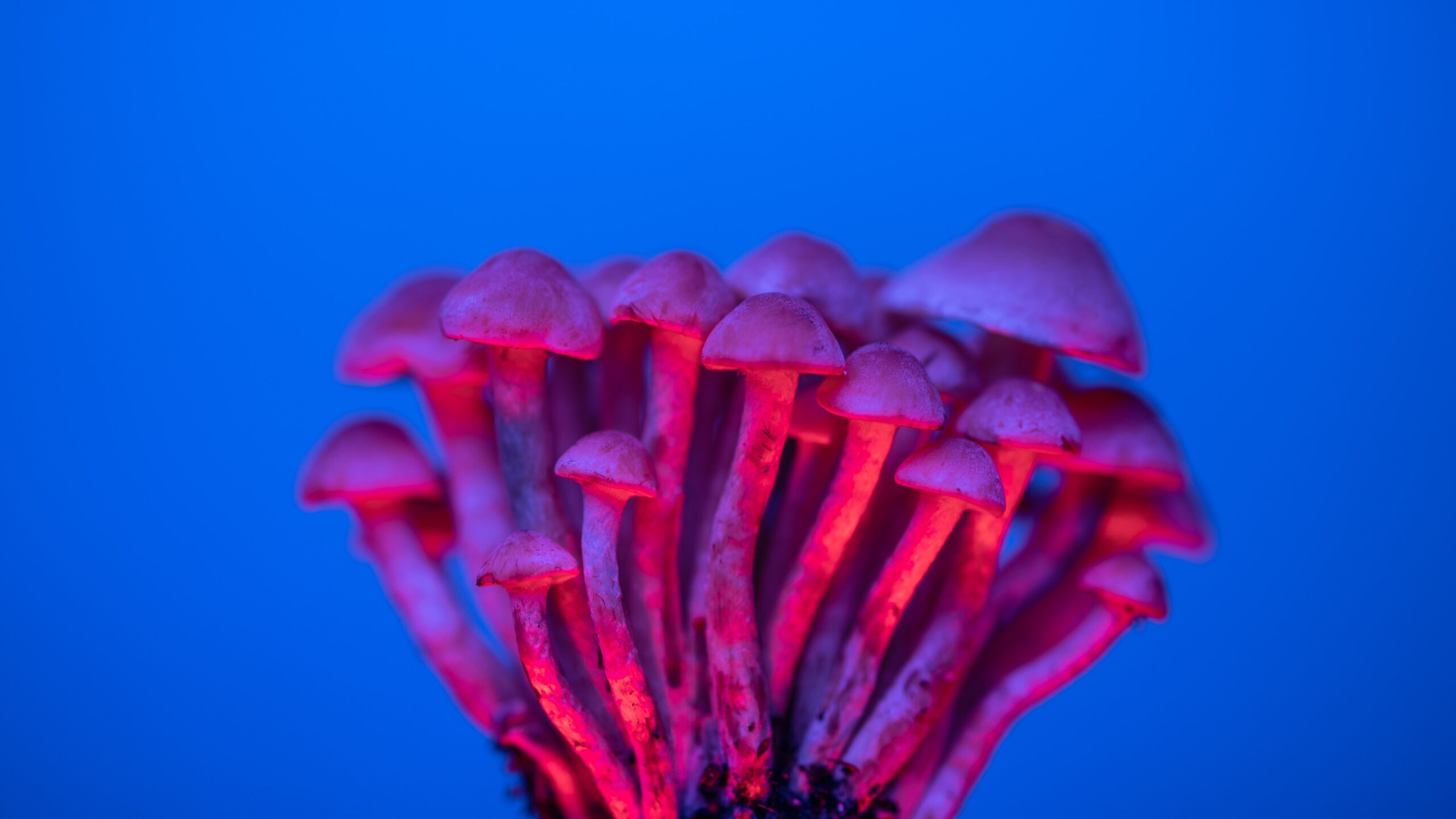Microdosing MDMA has garnered attention for its purported benefits, but is it truly effective, or does it carry hidden risks? This article delves into the science (or lack thereof) behind microdosing MDMA, exploring potential risks, unproven benefits, and comparing it to existing evidence-based approaches.
The Reality of Microdosing MDMA: What the Science Says
Microdosing, commonly defined as taking 5-10% of a recreational dose, has gained popularity with some individuals claiming it enhances creativity and mood. However, the scientific community urges caution, particularly regarding MDMA. We simply don’t have enough research to confirm these claims. Existing research, like that featured in DoubleBlind Magazine and Third Wave, acknowledges anecdotal reports but highlights significant concerns about potential toxicity and serotonin depletion. As Third Wave (2017) explicitly states, “MICRODOSING WITH MDMA COULD BE DEADLY,” linking frequent MDMA use with negative health consequences.
Unlike some psychedelics, MDMA primarily affects serotonin, dopamine, and norepinephrine. Its effects are likely directly related to the dose, meaning even small amounts might produce noticeable effects—potentially counteracting the purported sub-threshold benefits of microdosing. Furthermore, MDMA’s mechanism of action differs significantly from classic psychedelics like LSD and psilocybin, as noted by VICE. Microdosing MDMA seems to produce similar effects to larger doses, but to a lesser extent, indicating a linear dose-response relationship. This characteristic renders MDMA potentially unsuitable for microdosing, as it may not offer the same subtle effects attributed to other microdosed psychedelics.
Potential Risks of Microdosing MDMA
While occasional MDMA use might not cause lasting harm for some individuals, the long-term effects of repeated microdosing remain largely unknown. This lack of research is a major red flag. Some potential risks include:
- Serotonin Depletion: Even small, regular doses of MDMA may deplete your serotonin levels. This can lead to mood swings, depression, anxiety, and sleep disturbances.
- Neurotoxicity: There’s concern that frequent MDMA use, even in small doses, could damage serotonin neurons. For a visual guide to the nervous system and how it can be affected, refer to the nervous system chart.
- Cardiovascular Issues: MDMA can increase heart rate and blood pressure, posing potential risks for individuals with pre-existing cardiovascular conditions.
- Tolerance and Dependence: Regular use can lead to tolerance, meaning you need more of the drug to achieve the same effect. This can increase the risk of dependence and potentially escalate into more frequent or higher-dose usage.
Exploring the Unproven Benefits and Alternatives
While some individuals report benefits like improved mood and creativity after microdosing MDMA, these accounts are largely anecdotal and lack scientific validation. It’s difficult to determine whether these effects are genuinely caused by the drug or by other factors like the placebo effect or lifestyle changes.
If you’re exploring ways to improve your well-being, consider evidence-based approaches with established safety and efficacy profiles:
- Therapy: Cognitive Behavioral Therapy (CBT) and other forms of therapy can help address underlying mental health concerns.
- Mindfulness Practices: Meditation and mindfulness exercises can improve mood, reduce stress, and enhance self-awareness.
- Lifestyle Changes: Regular exercise, a balanced diet, and adequate sleep can significantly impact mood and overall well-being.
These methods offer a safer and likely more effective path to enhanced well-being compared to the largely unproven benefits of microdosing MDMA.
What is a Small Quantity of MDMA?
Microdosing typically involves 3–12 milligrams (mg) of MDMA, a fraction of a standard recreational dose (60–120 mg). However, the lack of standardized MDMA microdoses introduces significant risks. MDMA pill content can vary drastically, making precise measurement crucial—and highlighting the dangers of inconsistent dosing. Even with careful measurement, individual responses to MDMA can differ based on factors like weight, metabolism, and brain chemistry.
Is MDMA Good for Anxiety?
While research into MDMA-assisted therapy for specific anxiety disorders like PTSD shows promise, this involves controlled, higher doses within clinical settings, not microdosing. Microdosing MDMA for anxiety remains unproven and may ironically exacerbate anxiety due to the potential for serotonin depletion. Given the risks associated with MDMA use and the lack of evidence supporting microdosing for anxiety, exploring established therapies and lifestyle changes is generally a safer and more effective approach.
What is the difference between R- and S-MDMA?
MDMA exists as two mirror-image molecules, R-MDMA and S-MDMA (enantiomers). S-MDMA is more potent regarding dopamine release and is largely responsible for the euphoric and psychedelic effects. R-MDMA, with weaker dopamine-releasing effects, likely has a lower neurotoxicity profile and has shown some prosocial effects in preclinical studies (using mice). While this is promising, more research is needed to understand the full potential and risks of both isomers.
Conclusion: Proceeding with Caution
The allure of microdosing MDMA may be strong, but the current lack of scientific evidence and the potential for harm suggest a cautious approach. It’s crucial to prioritize your health and well-being by opting for evidence-based methods with established benefits. Ongoing research may shed more light on the effects of microdosing MDMA, but for now, it’s probably wise to explore other avenues for enhancing mental and emotional well-being. This information is for educational purposes only and does not constitute medical advice. Consult with a qualified healthcare professional for personalized guidance.
- Borosilicate Glass Storage Containers Handle Extreme Temperatures Safely - January 23, 2026
- Borosilicate Glass Food Storage Containers Bring Durable Safety To Your Kitchen - January 22, 2026
- Microwave Safe Glass Containers for Durable Everyday Food Prep - January 21, 2026










